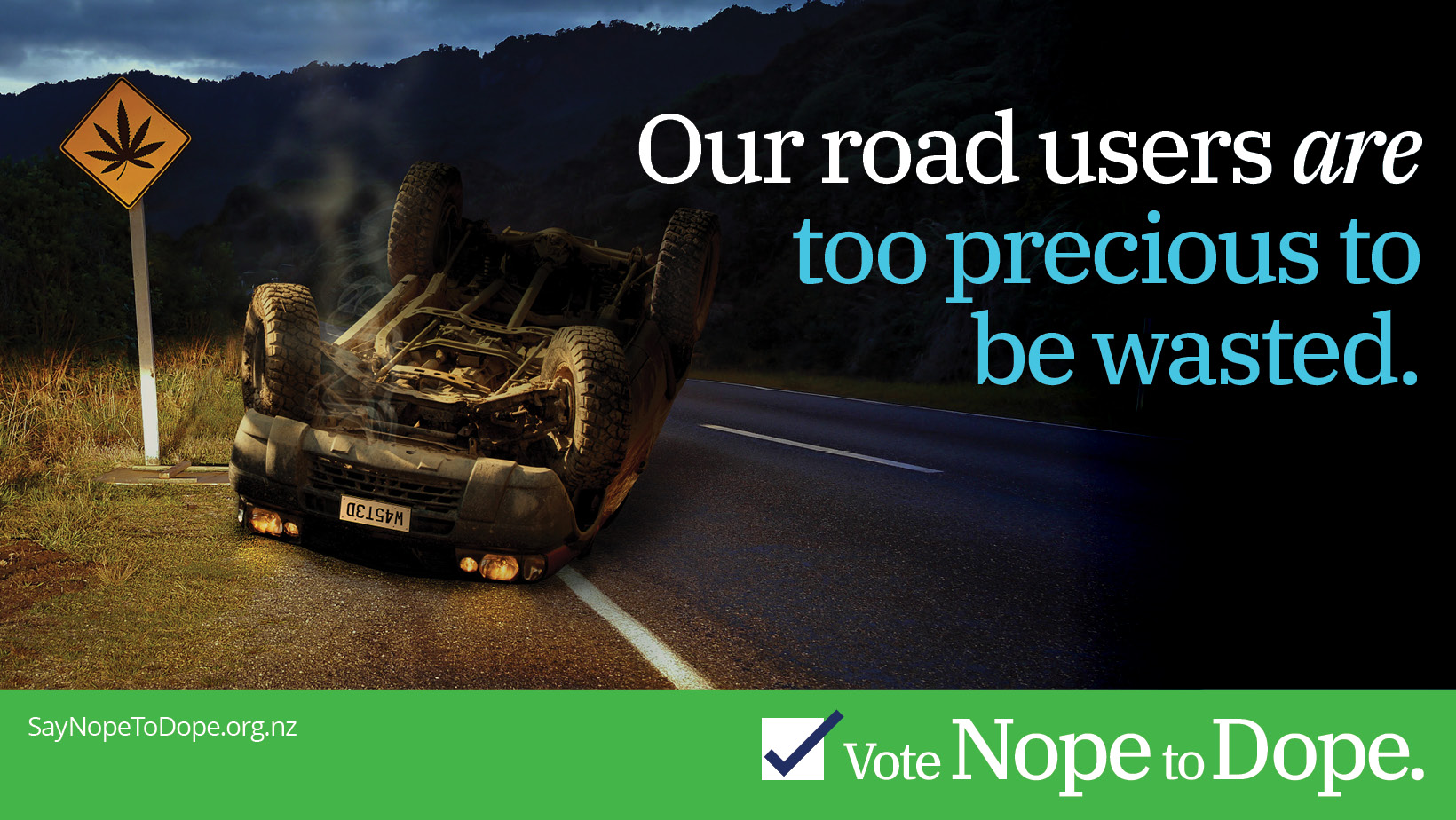“The NZ cannabis referendum prove it’s the simple messages that cut through”
 Cannabiz.com 4 November 2020
Cannabiz.com 4 November 2020
There’s a brilliant book about politics in the age of Donald Trump and Twitter called Yes We (Still) Can by Dan Pfeiffer, former communications director in the Obama White House.
In a section called Best Messenger Wins, he describes asking a panel of voters after the 2016 election to sum up Donald Trump’s campaign message. The audience would shout back as one: “Make America Great Again!”
When he asked if they knew what Trump’s argument against Hillary Clinton was, they would say: “Lock Her Up”.
But when the same questions were asked about Clinton’s campaign, there were a range of responses, and none uttered with much conviction.
“For all of Trump’s offensive statements and absurd tweets,” writes Pfeiffer, “he had a clear and consistent message that broke through.”
The passage came back to me last Friday when the interim results of New Zealand’s cannabis referendum indicated the No campaign had won the day.
This is by no means a criticism of the Yes campaign. But in an age when nuanced discussion will always be drowned out by snappy soundbites, it’s increasingly hard for positive arguments to be heard.
Saying what you’re against is so much easier to sum up in 280 characters or less.
Especially if the case you are making is less than straightforward. Just take a look at the proposed Cannabis Legalisation and Control Bill.
It would allow people aged 20 or over buy up to 14 grams of dried cannabis (or its equivalent) per day from licensed outlets; enter licensed premises where cannabis is sold or consumed; consume cannabis on private property or at licensed premises; grow up to two plants, with a maximum of four plants per household; and share up to 14 grams of dried cannabis (or its equivalent) with another person aged 20 or over.
That’s a lot of detail to digest. It’s not surprising that people without skin in the game appear to have put it in the “too hard’ basket.
A quick look at two of the campaign websites sums up the difference.
On saynopetodope.org.nz there are a series of posters featuring the “too precious to be wasted” tagline and some powerful imagery. An All Black here, a crashed car there, and a group of children playing happily outside a “Dope Shop”. All underscored by the core message “Say Nope to Dope”.
Meanwhile, over at makeitlegal.nz there are “20 reasons to vote yes” and a detailed explanation of the Advertising Standards Authority’s decision to deny a complaint by the No campaign about one of its ads pointing out the negative consequences of keeping prohibition.
The site notes: “The Noper campaigns, guided by their US handlers, have been pulling a range of dirty tricks against us… Spurious complaints, trying to get us banned from social media, sowing misinformation and confusion, it’s all par for the course. New Zealand people and New Zealand institutions will not be swayed by these kinds of tactics.”
Unfortunately, barring a near 70:30 Yes majority among special voters turning over the interim result, that’s precisely what will happen.
Because as much as progressive voters might like to think otherwise, for many people facts really do get in the way of a good story. Just look at the US for evidence.
There were undoubtedly other factors at play. There are around one million Kiwis living overseas at any one time and that won’t have helped. They are more likely to be younger and more tolerant of cannabis use. Yet there are only 480,000 special votes still to be counted.
The fact that the euthanasia vote went 65% Yes suggests it may have been older people stuck at home who tipped the balance against cannabis, while their children were off travelling the world.
It’s always good to blame the oldies when things don’t go your way. Or the prime minister, for only announcing her voting intentions after the result was announced.
READ MORE: https://www.cannabiz.com.au/the-nz-cannabis-referendum-and-us-presidential-election-prove-its-the-simple-messages-that-cut-through/







